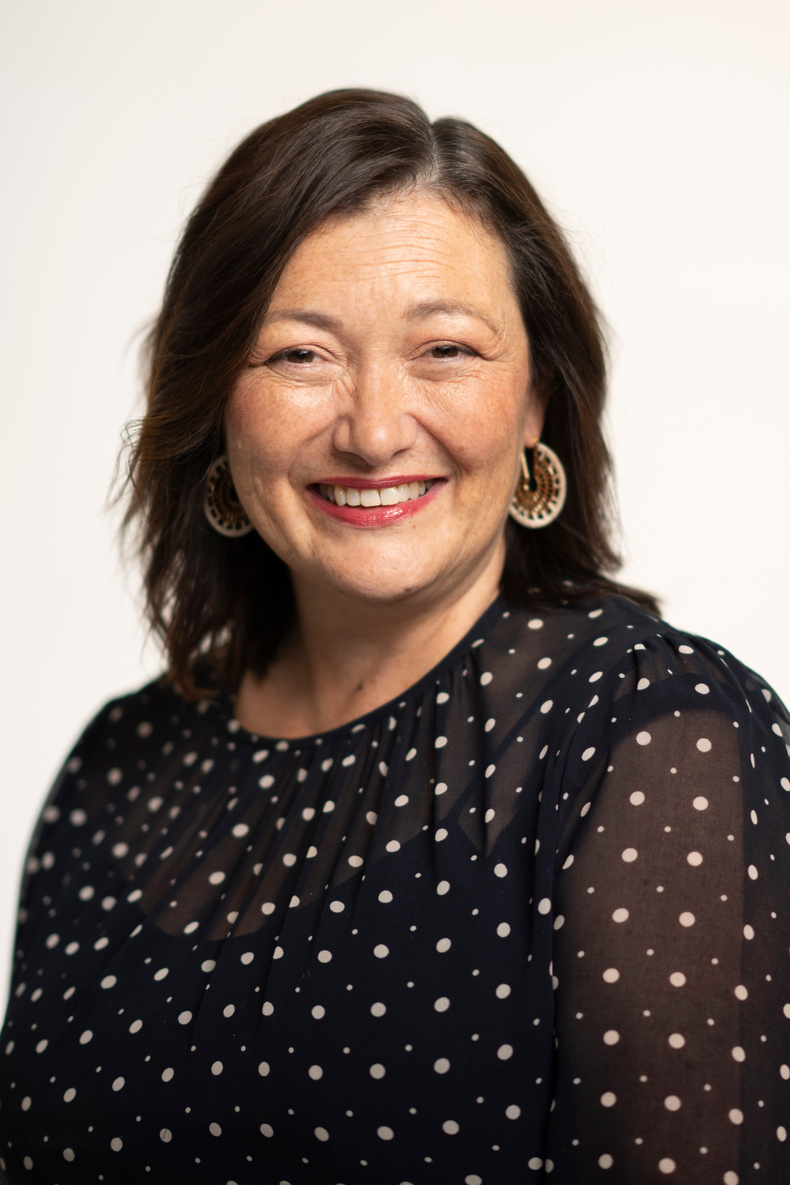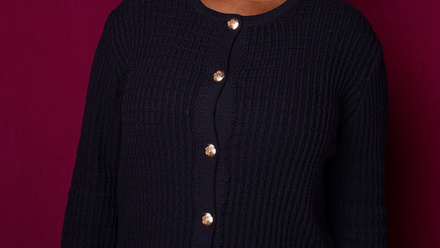Box office assistant to CEO: Caroline Miller

From box office assistant to CEO of Birmingham Royal Ballet, Caroline Miller is our trailblazing women of Culture.
She shares her journey of pursuing her passions and making a successful career from humble beginnings.
“I was a very shy girl while I was growing up in Southeast London and somebody told my mum to send me to dancing classes.
“My mum, who knew nothing about dancing, sent me to a local dance school. I immediately loved it and dance started to dominate my childhood.
“I thought my passion of dance came to an end after university and I wanted to pursue law. But then I saw an opening for a box office assistant and took the job”
From being a box office assistant, Caroline worked in marketing with industry giants including Nick Park, Jake and Dinos Chapman, Tracy Emin, Nick Cave, John Peel, Laurie Anderson and Scott Walker.
She later made her to way to be head of publicity at Sadler's Wells Theatre in London and later she headed Dance UK for 10 years.
During this time, Caroline was able to set up the first all party women's dance group and lobby for more money for youth dance.
She also set up The National Institute of Dance, Medicine and Science, which was a free and affordable healthcare service for dancers at the point of need.
“Because dancers are elite athletes,” she remarks.
“There is a very high chance of injury as they push their bodies to the absolute limits. But their wages are very low so they can't afford private health insurance unless you're in a big major company.
“We managed to launch the National Institute of Dance Medicine and Science with the first free NHS dancers injury clinic.
“It was tough. I learned how to run an organization and we lost funding. So, I had to raise money and build a reputation for the company.”
The merger of Dance UK with other organizations in 2015 formed OneDanceUK, now funded by the Arts Council as a sector support organization.
Caroline underscores the importance of continuous professional development, having pursued a master's in cultural leadership and a three-year course in America on running a ballet company: “Keeping your professional development going alongside gaining experience at work is absolutely key.”
Transitioning back to the cultural sector in Birmingham, I ask Caroline about women representation in arts.
“Birmingham has some amazing female leaders from Rachel Thomas, who runs The Rep to Emma Stenning, who's just joined as the new director of CBSO. We're well represented within the arts.
“Historically, the British major ballet companies were formed by the strongest, most amazing women like Lilian Baylis and Dame Ninette de Valois.
“But there have been very less female choreographers in ballet in the last 30 years, but that's changing very much now and Birmingham Royal Ballet has commissioned choreographers since Carlos Costa has joined company.”
“Women, at that earlier point in my career, were leaders. But they tended to be in smaller organisations while the higher profile establishments were managed by white middle aged men.
“That landscape is rapidly changing from a ballet perspective 20 years ago.”
As the Birmingham Royal Ballet embarks on a new ballet project inspired by 'Women Who Dare to Dream,' Caroline highlights the open career path in the arts.
Her message to aspiring artists and ballerinas is clear: “Embrace the journey, learn on the job, and trust that the skills you bring are enough to propel you to the next level.
In her words: “If you want to do it, go for it!”



